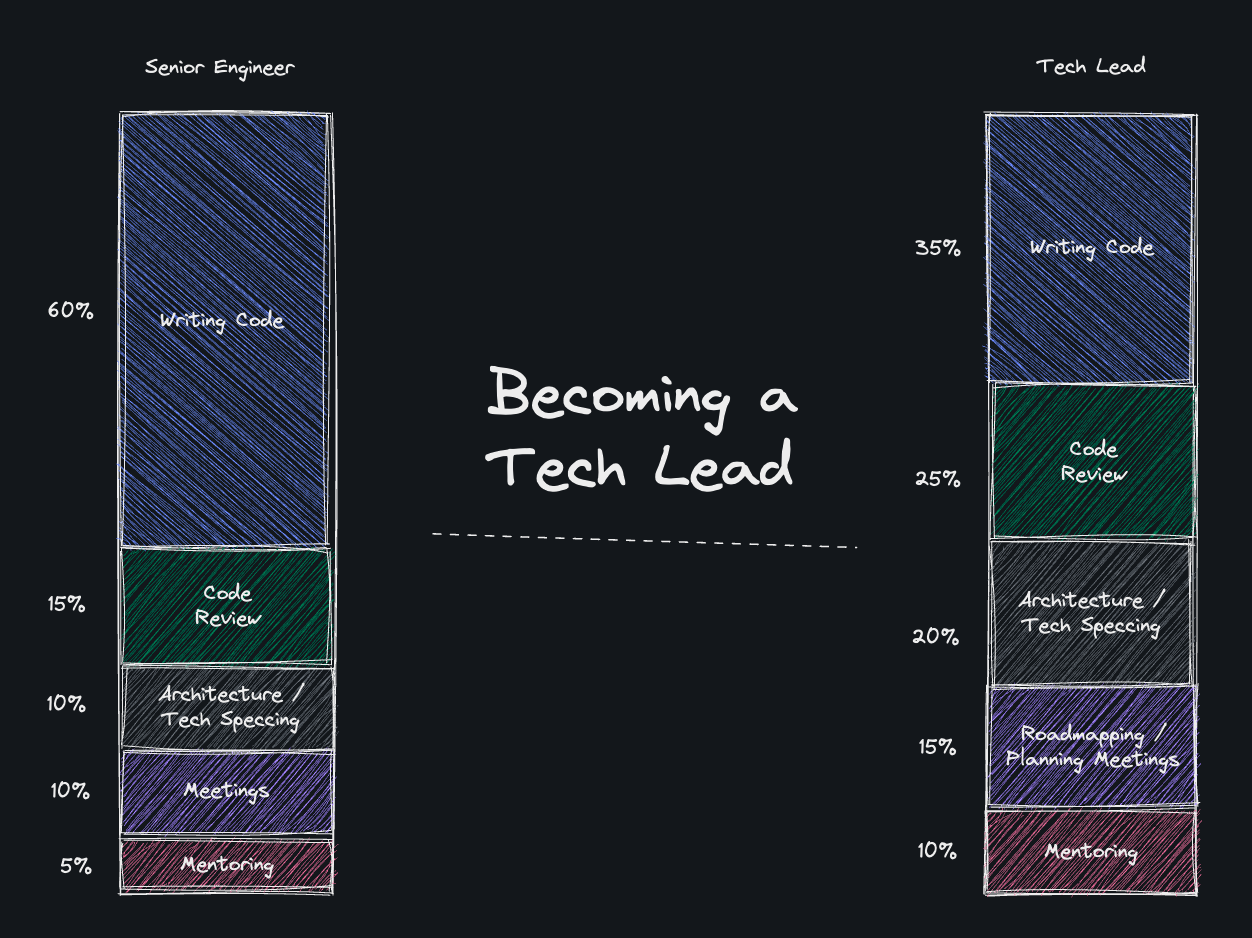How to grow into the tech lead position
What skills do I need to develop to grow into a software engineering tech lead? That’s the question I asked myself and my manager last year.
First off, before we jump into my story of how I became a tech lead, and how you can become one as well, let’s define our terms.
1. What is a tech lead?
For a quick overview: You might think of a tech lead as a hybrid between an individual contributor, team lead, and an architect.
They provide technical guidance, mentoring, and direction for a team. They …
Keep reading with a 7-day free trial
Subscribe to Level Up Software Engineering 🚀 to keep reading this post and get 7 days of free access to the full post archives.


